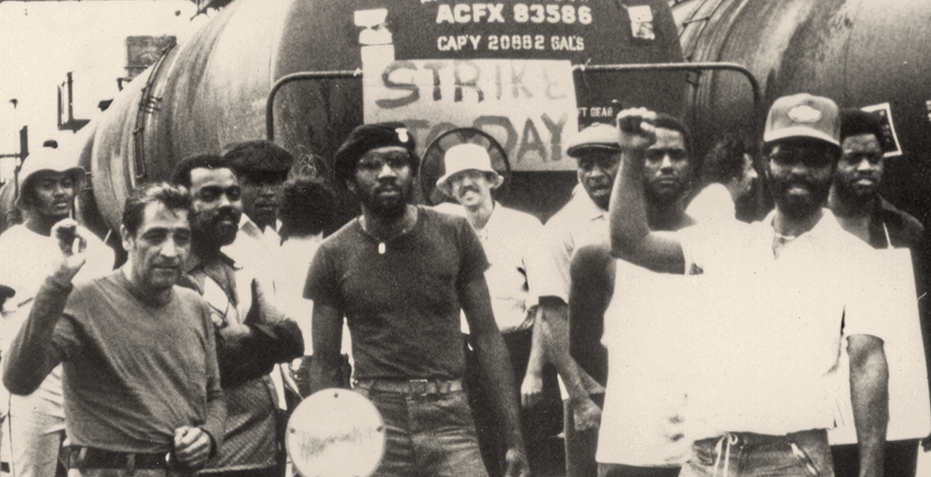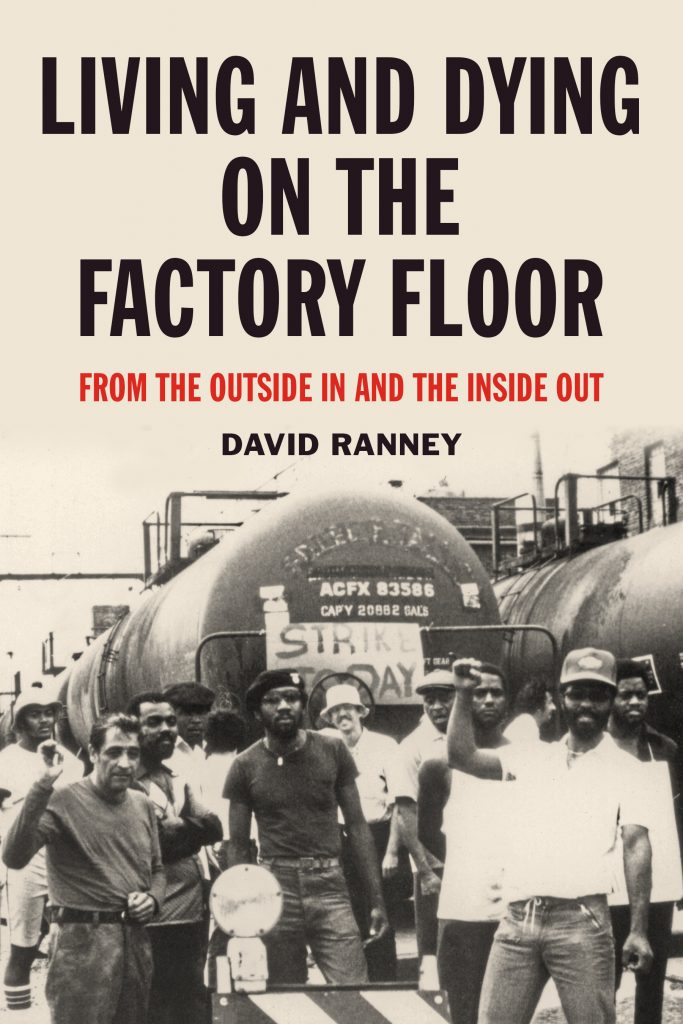The book shows hostility between white, black and Latino workers that only broke down as they struggled against the bosses, their common enemy. Management was almost uniformly greedy, crude and vindictive. Crooked or weak unions collaborated with the companies, while pro-labor lawyers made unsuccessful legal maneuvers. The book hints at environmental and health damage to workers and consumers from some of the factories. Ranney worked at one plant with born-again Christians, finding out they were all pro-company.
On a personal level, Ranney made sure to combat white bigots on the job. He worked closely with various coworkers when they stood up to the companies. Many of the African-American and Latino workers had little education but understood the class and color caste system quite well and were the most militant. Ranney had ties to the south-side Workers Rights Center and the lawyers there, so was able to help with leaflets, meeting space and legal aid. He was injured once by boiling steam and jailed once during that strike. He has fond memories for those he worked with and who stood against the firms.
Ranney last job was on 3rd shift. This brutal sleepless schedule made him decide to go back to academe. I suspect the ‘dying’ in the title really relates to the damage sustained through the work itself.
Other reviews on this subject below. Use blog search box, upper left: “Factory Days” (Gibbs); “Night Shift” (Kolm); “Night Shift – 270 Factory Stories” (Macaray); “The Unseen” (Belestrini): “Red Baker” (Ward); “Facing Reality” (CLR James – Lee) “Mistaken Identity” (Haider); “Revolution in the Air,” (Elbaum). Also the non-reviewed but hilarious book “Rivethead” (Hamper).
And I bought it at May Day Books!







